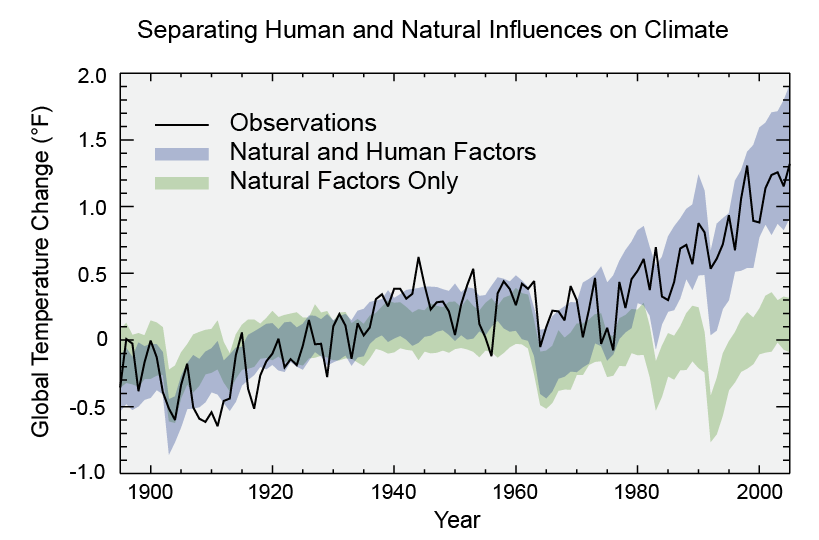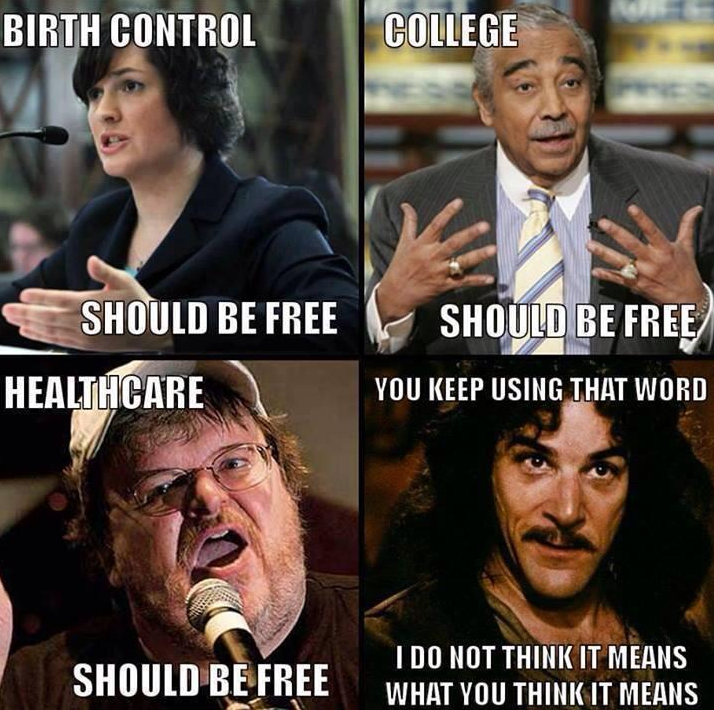The quote that I believe best sums up his report is "we liberals are adept at pointing out the hypocrisies of Trump, but we should also address our own hypocrisy in the terrain we govern, such as most universities: Too often, we embrace diversities of all kinds except for ideological."
These very often progressive campuses will accept anyone who does not look like them- as long as they think like them. I appreciate that a proclaimed liberal took the liberty of pointing this out. Finally, someone who decides to practice what they preach by saying we need more diversity, not just physically, but mentally.
Echoed thought and no clash of ideologies can easily lead to liberal hysteria such as: attacking Trump supporters, closing a bakery for not making a wedding cake for a gay couple, and boycotting what they believed to be a "racist" shop owner simply because he had reason to think a black man attempted to shoplift his store.
Not only does this fishbowl of a single ideology promote hysteria, it also encourages hypocrisy. This opens the door for people getting angry at Trump for saying "grab 'em by the..." you know... When Jay-Z, an incredibly sexist rapper, performs at a Hillary Clinton rally. Trump apologizes profusely for what he's said, but, of course, Jay-Z does not.

After Nicholas Kristof published his article, an uncategorized blogger, wrote an article titled "An Open Letter and Invitation to Nicholas Kristof". His claim is that Kristof is not depicting college campuses accurately, stating "More than a third (of students) were over 25, and a quarter were over 30". What he means by this is that ideologies are generational, and older generations tend to be more conservative than their younger counterparts.
Whose to say that people 25 and above are to be considered old? Of, course, this is a matter of perspective, but I would consider 25-30 rather young in regards to liberal ideologies.
Suppose that this blogger is right. These younger students only account for a little over half of the college attendees. Granted, this is the majority. Assume for a moment that republicans do account for the majority of the student population. Extreme liberalism would still prevail if you take into account Kristof's article because these liberal are closed-minded when it comes to conservative ideas.

This is not to say that Republicans are incapable of being narrow-
minded as well as Democrats. However, it is more typical to see cases of extreme liberalism rather than harmful republicanism; especially when one take into account the liberal news media.













